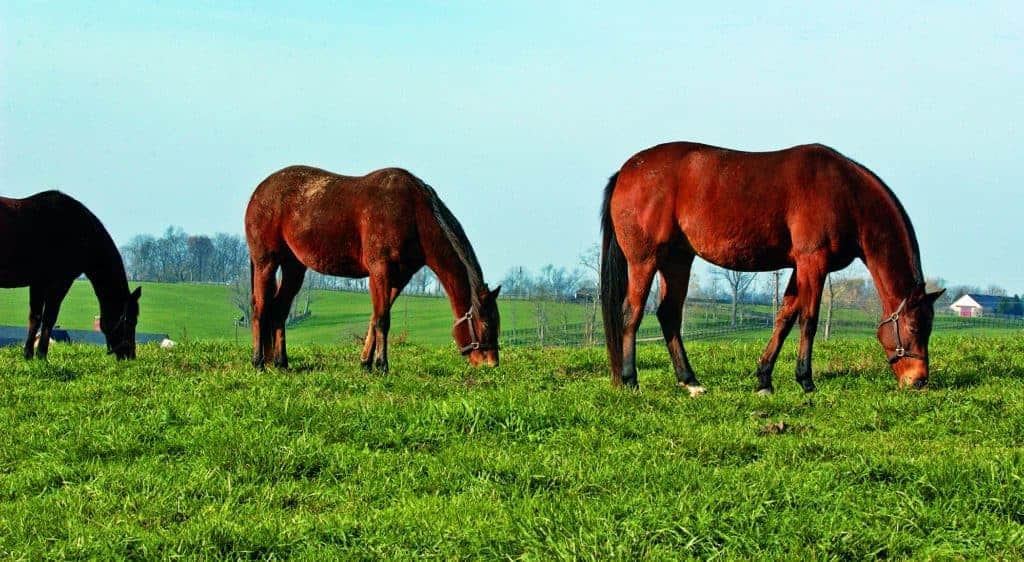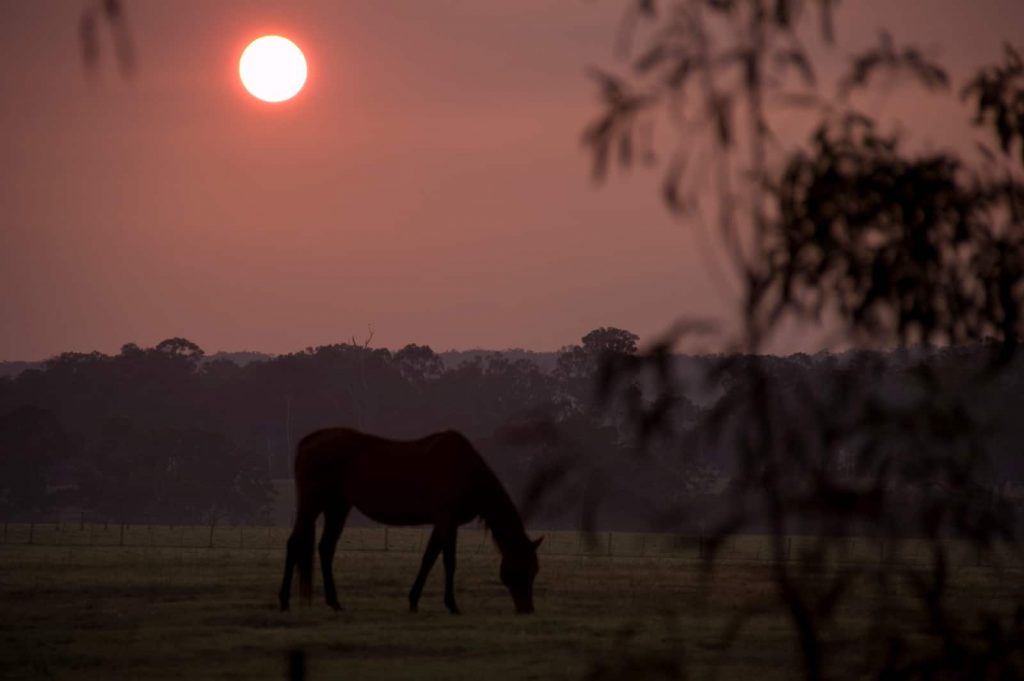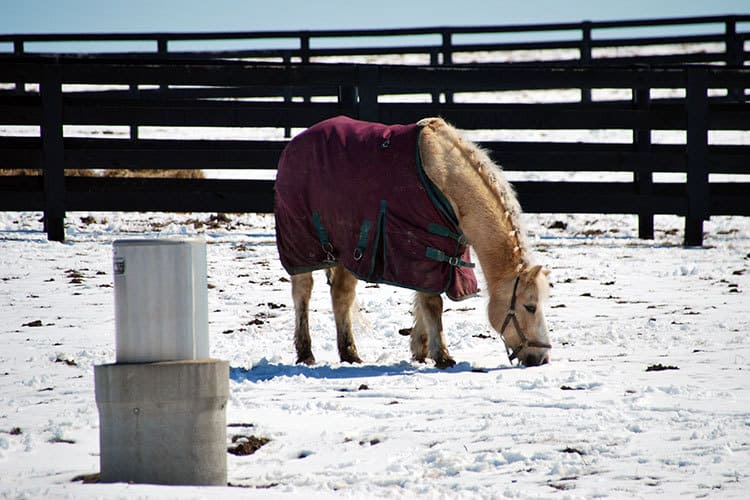
What We Know About 2.5% Intra-Articular Polyacrylamide Hydrogel
Researchers believe this treatment might be more effective for treating osteoarthritis in horses than traditional methods. Here’s why.
How to care for the basic health needs of horses

Researchers believe this treatment might be more effective for treating osteoarthritis in horses than traditional methods. Here’s why.

How veterinarians are applying computed tomography in equine medicine and what they’re learning about its use.

Changing weather patterns can increase your horse’s risk for contracting infectious diseases.

Learn about devices designed to measure equine athletes’ cardiac function and maximize performance.

Ditch traditional bran mashes (and the issues they can cause) for forage feeding to keep horses warm.

Learn about 4 cutting-edge treatments for equine eye issues ranging from corneal ulcers to cancer.

If your broodmare is overweight and/or has metabolic problems, her foal could be at risk. Here’s how you can keep both horses safe during pregnancy.

Riders and owners might miss behavioral signs of pain in their horses. The RHpE is a scientifically validated tool for assessing pain in ridden horses.

Keep your horse sound and moving safely this winter with these smart hoof care practices.

One equine nutritionist offers tips and asks for your input on dealing with ice in horse watering tanks.

If your horse is living in an area with poor air quality, he might benefit from wet or steamed hay and omega-3 supplementation.

Are you thinking about breeding an older mare? There are steps—some simple, some cutting-edge—breeders can take to obtain foals from mares with waning fertility.

Dr. Luke Bass describes the unique joint changes that might be seen in horses with PPID and EMS.

Appropriate hydration is vital to your horse’s normal bodily functions. Here’s what you can do to ensure he is drinking enough this winter.

Don’t wait for the first snowflakes to prepare your horse property for the cold, dark, and wet months ahead.

Dr. Howland Mansfield describes signs a horse is ready to retire from riding, ranging from mild work intolerance to lameness.
Stay on top of the most recent Horse Health news with
"*" indicates required fields